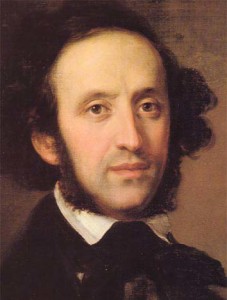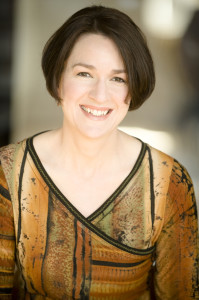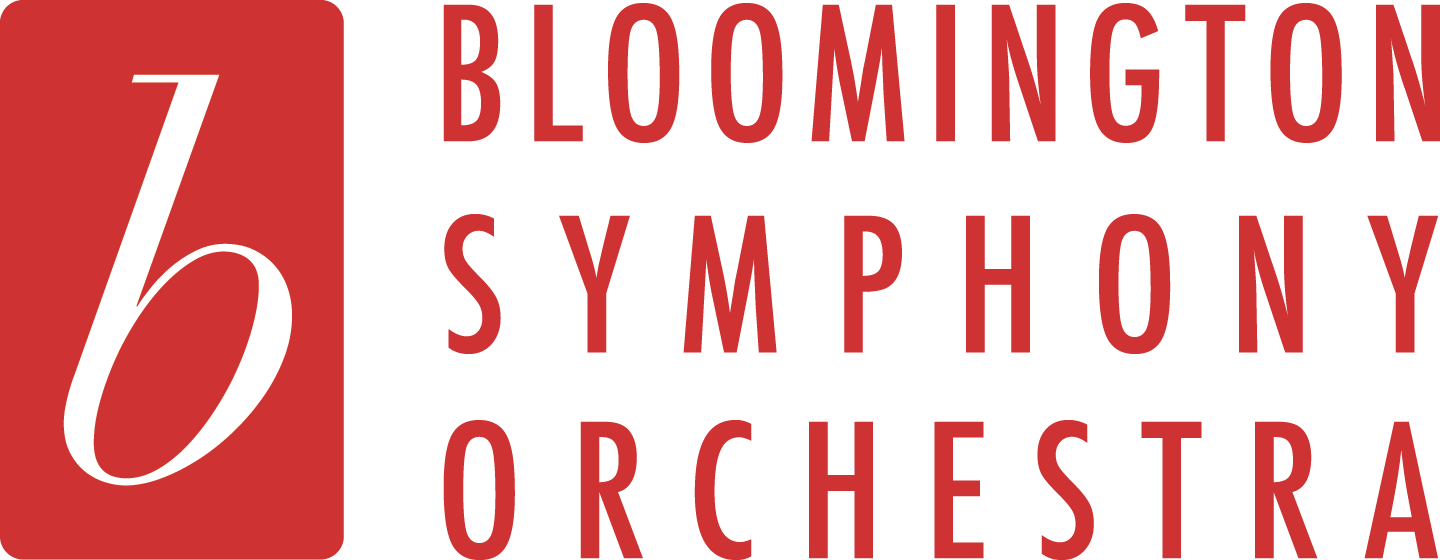This is the second post in a series by the BSO’s ArtisticDirector, Manny Laureano. Enjoy the preview of the Mendelssohn Piano Concerto No. 1. Stop by on Monday, September 30 for the final preview of the BSO’s October 6 concert, “Let Us Begin.”
Is it possible to imagine the sheer and trembling joy that we would experience if we could go back in time and hear the music of great composers while they were living? What about actually hearing the composer at the piano playing his music? Or a triple threat that involved a composer creating a program made up solely of his works? Such were the circumstances surrounding the opus 25 of Felix Mendelssohn-Bartholdy, his concerto in G minor for piano and orchestra.
imagine the sheer and trembling joy that we would experience if we could go back in time and hear the music of great composers while they were living? What about actually hearing the composer at the piano playing his music? Or a triple threat that involved a composer creating a program made up solely of his works? Such were the circumstances surrounding the opus 25 of Felix Mendelssohn-Bartholdy, his concerto in G minor for piano and orchestra.
Felix Mendelssohn was indeed the soloist at this legendary concert in Munich in the year 1831 which included his first symphony and the overture to his A Midsummer Night’s Dream, the latter written at what would prove to be almost the middle of his tragically short life, age 17. He also included a number of improvisations at the piano, much to the delight of the assembled crowd. For as scintillating an evening as that may have been, Mendelssohn’s favorite performance of his G minor concerto was given by Franz Liszt later on in Paris, whose playing he admired greatly.
If there is great passion in the fiery opening of this concerto in the way it bubbles over like an unwatched pot, perhaps one can allude to the interest he may have had in a certain young lady he knew named Delphine von Schauroth. She was of a well-connected family in Munich and studied with Mendelssohn daily for a period of time. The concerto is also dedicated to this fair young lady who attracted the attention of many of the available well-heeled gentlemen of Munich society. He insisted to his sister Fanny, however, that love was not part of the equation. They did remain lifelong friends and Felix was godfather to her firstborn son.
The first movement is relentless even in its quieter moments (due to the sensual arching of the second theme). It leads by fanfare but without pause to a second movement that is a poetic series of theme and decorative variations. In a somewhat rare bit of writing, Mendelssohn splits the ‘celli into higher and lower voices, the former acting as a partner in duet with the viola section, providing a richness of middle voices to accompany the florid-yet-elegant piano solo. The fanfare returns to announce the finale which can only be described by the non-cynical among us as unbridled joy at being released from the sonority of the minor key into an exuberant finish in G Major.
 Susan Billmeyer will be the featured piano soloist in the Mendelssohn Piano Concerto No. 1 with the Bloomington Symphony Orchestra on Sunday, October 6 at 3 p.m. Purchase tickets in advance or at the door.
Susan Billmeyer will be the featured piano soloist in the Mendelssohn Piano Concerto No. 1 with the Bloomington Symphony Orchestra on Sunday, October 6 at 3 p.m. Purchase tickets in advance or at the door.
